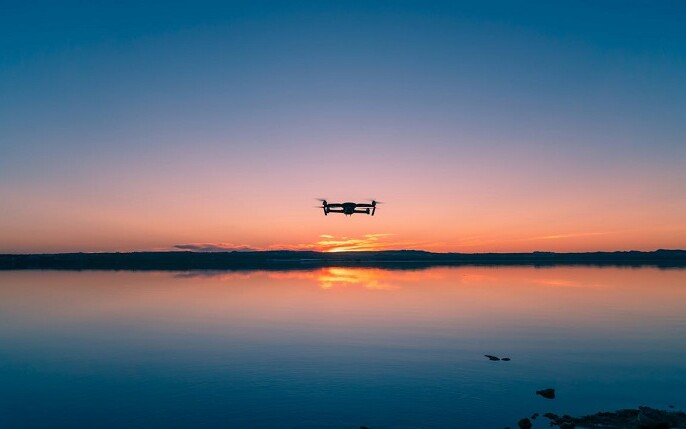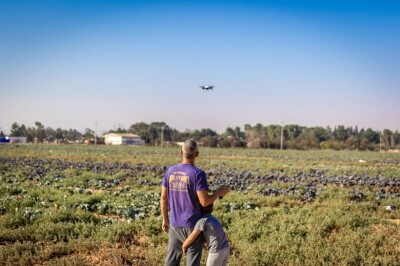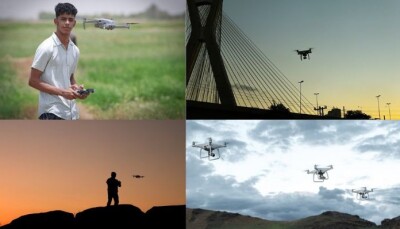This week’s “Around the Commercial Drone Industry” news round-up looks at a suit filed by DJI against the US Department of Defense, an innovative drones-in-agriculture program at Mississippi State University, and a new tool from DroneDeploy that enhances safety at construction sites.
DJI Sues US Department of Defense
The US Department of Defense (DOD) has added Chinese-drone manufacturer DJI to its list of companies that are allegedly working with China’s military. In response, Reuters reports, DJI has “asked a U.S. District Judge in Washington to order its removal from the Pentagon list designating it as a ‘Chinese military company,’ saying it ‘is neither owned nor controlled by the Chinese military.’" DJI said that the DOD’s designation has caused it to be “been stigmatized as a national security threat,” which has hurt the company financially. The suit comes at a time when many US officials have raised concerns that DJI drones “pose data transmission, surveillance and national security risks” and have put forward a bill, the Countering CCP Drones Act, that could effectively ban the company’s UAVs from the US.
Mississippi State and Hylio Partner on Spray Drone Project
Mississippi State University (MSU) has announced a partnership with Texas-based drone maker Hylio to conduct research into the agricultural spray drones. After MSU’s Agricultural Autonomy Institute (AAI) and Hylio signed a cooperative agreement last summer, AAI, along with the Mississippi Agricultural and Forestry Experiment Station and the MSU Department of Plant and Soil Sciences purchased an AG-230 spray drone platform, and an MSU team received flight training at Hylio’s Houston headquarters. “With our products and MSU’s programs, we can work together to pioneer best practices and teaching methods that will one day hopefully put this technology in the hands of a lot of American farmers,” Hylio founder Arthur Erickson said.
DroneDeploy Takes on Construction Site Safety
A DroneDJ report describes a new tool from DroneDeploy that aims to improve safety at construction sites. Called “Safety AI,” the tool automatically identifies safety risks on construction sites by using “proprietary artificial intelligence and models from Google and OpenAI.” The report explained that “Safety AI integrates with DroneDeploy’s Ground platform, analyzing thousands of images captured weekly to detect visible safety risks.” Using this data, Safety AI “ranks these risks by severity, allowing safety teams to address potential hazards more efficiently” and “helps “contractors meet OSHA standards more effectively.”















Comments